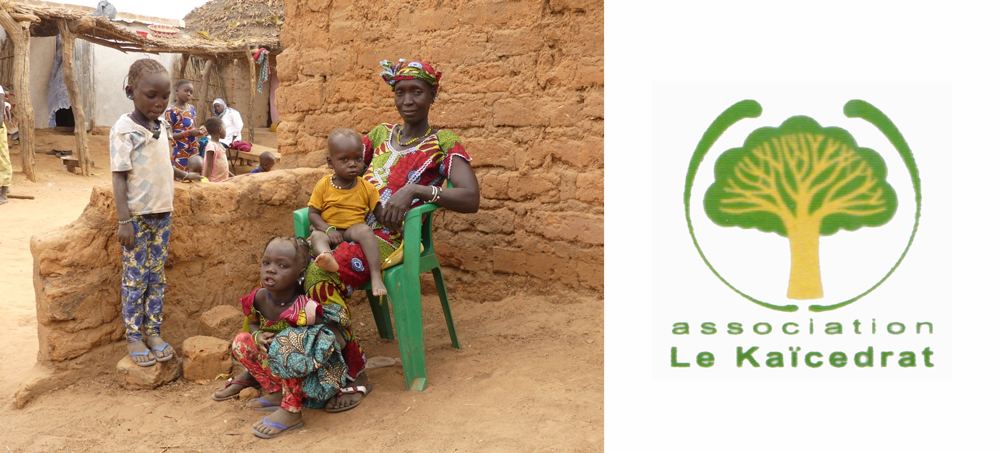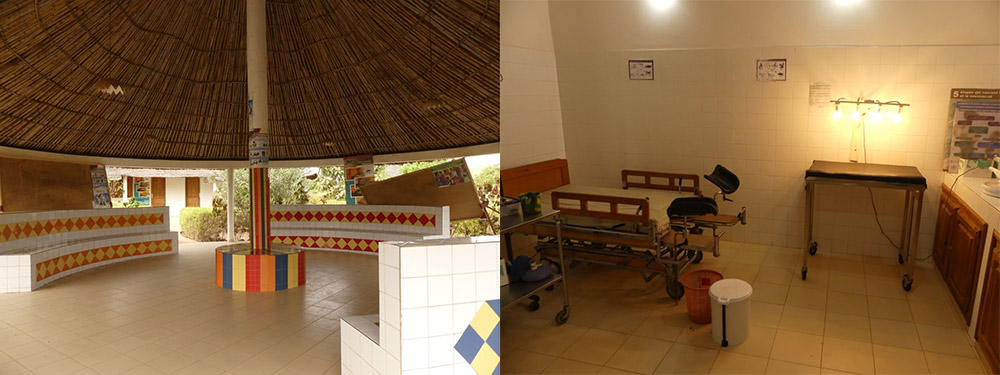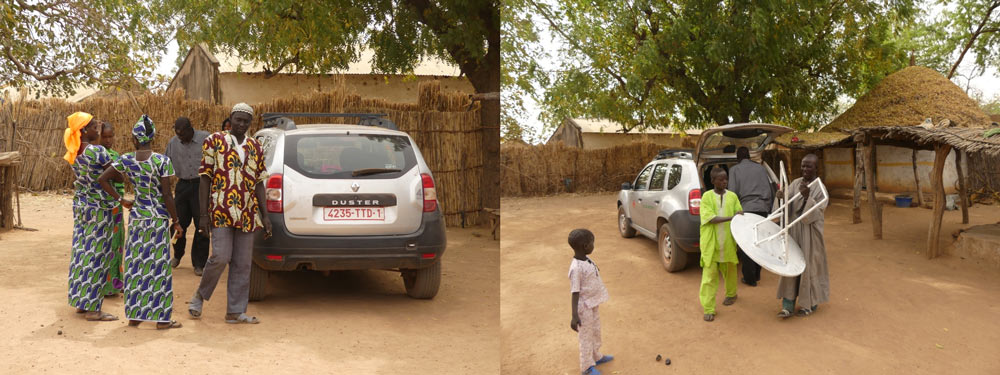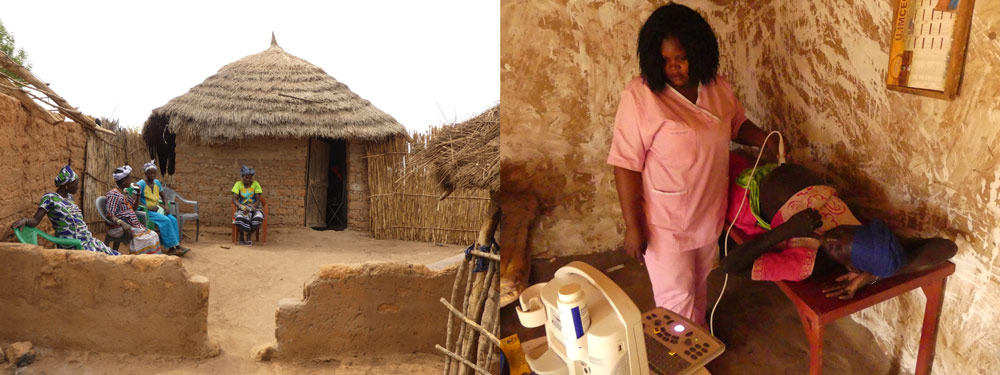Since 2017, The Ivory Foundation contributes to the financing, together with the foundation HRA Pharma, a program of visits and assistance to pregnant women and children in 20 villages around Dawadi, 60km from Tambacounda.
This project is carried out by the association “Le Kaceidrat” that develops, through mobile medical teams, decentralized actions of health education, rural medicine and specialized care in Senegal, especially in isolated areas.

“Le Kaïcedrat”, is an association of French-Senegalese doctors with knowledge of the national health system. Originally based in the Central Hospital of Dakar, the association started in 2012, the construction of a medical center in one of the driest and poorest areas of Senegal, in Bala, 60km from Tambacounda.
This project is a real need for the people of this area, who live in difficult conditions with very important climatic stresses. With limited financial resources, and access to rare and distant care, people sometimes live in over forty kilometers of a summarily equipped health post.
Maternal and infant mortality is still severe, as well as mortality from endemic diseases.
The center’s architecture is very nice, every care unit is built in a separate box, and patient rooms and houses for medical staff and drivers are housed there, in individual huts.
The center has complete medical facilities: maternity, radiology equipment, ophthalmology, and materials for dental care.
The big season of activity during the winter period, because of malaria. Treatments are charged at a very low price.

The center radiates over 30 outlying villages, with mobile teams equipped with 4×4. These teams are responsible to teach basics of hygiene, fight against malaria, and pregnancy, as well as to test and provide care.
This system relies on health coordinators to relay in each of 30 villages through a partnership of trust with the village authorities. Thematic trainings are organized regularly in the center to these coordinators.
Mobile unit Dawadi
The success of the mobile unit of Bala prompted Le Kaicedrat, with the support of HRA Pharma (lead partner), and The Ivory Foundation, to duplicate this initiative from another city also located 60km from Tambacounda to reach a another remote rural area of Bala, at Dawadi.
Unlike Bala, Dawadi team is based in a health center attached to the Ministry of Health of Senegal.
20 villages are selected, located between 15 and 30 km around Dawadi.

On this project, the focus is on pregnant women and children under 5 years.
A midwife, previously based in Bala, was transferred to Dawadi end of 2015. She takes part in touring in the villages accompanied by a driver.
In each village, the appointment is made by the health coordinator
Women from nearby villages come visit the village. They sometimes come with a friend who has questions about her pregnancy and who can join the program.

Patients are listed in registers and they also have an individual health record book that they bring at each appointment.
The midwife remains several hours in each village and meets each patient. She can prescribe treatments or medications available in the vehicle, and vaccinate women who need it. The prevention of risks related to malaria during pregnancy is a priority. The women are prescribed an anti malaria treatment with sulfadoxine and pyrimethamine, in 3 doses.
The health center offers an intimate space for each patient. It is also a privileged moment for education and awareness to control pregnancies.
Ultrasound is not systematic. It is charged at the same price than in the private health centers, in order not to unbalance the medical system in place. However, if the ultrasound is necessary and the woman can not afford it, it is done free of charge.
The population supported by the mobile team of Dawadi is 5000 inhabitants.
During the year 2017 the midwife diagnosed 182 new pregnancies, which resulted in 389 prenatal consultations. Another 392 consultations were performed for various pathologies, including malaria, which was treated with 415 people.
118 births were recorded during the first 11 months of the year, and no cases of infant or maternal mortality were reported during the period. In addition, 85 health education sessions and 94 individual interviews were held during the year.
The video below shows the midwife visiting Kouthiacoto.
This village has 515 residents, including 118 women of reproductive age, and 100 children under 5 years.
